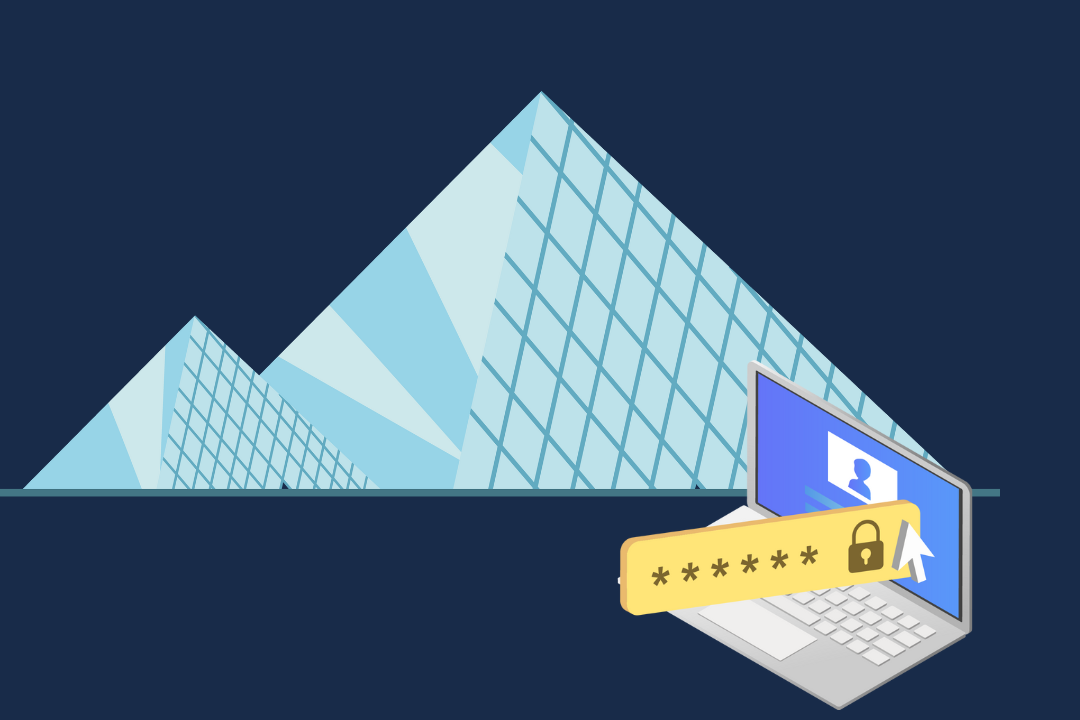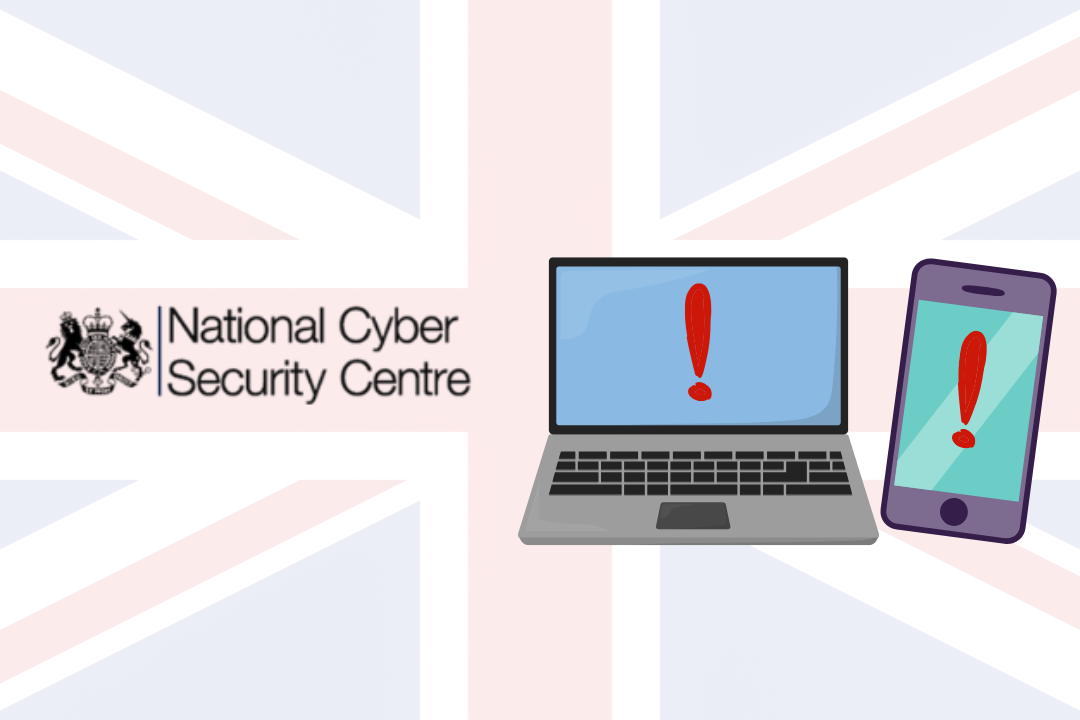We look at the cyber-attacks affecting the tourism industry and share how you can protect yourself from being a victim in 2022.
Common types of cyber-attacks in the tourism industry
The tourism industry is plagued with many forms of cyber-attacks, but three standout and require increased awareness across tourism companies and the businesses and individuals that use them:
- Phishing
The most prevalent scam, phishing emails, are an effective tool in the cybercriminal’s arsenal because they trick the reader into thinking they are genuine promotional, news, or other company-issued emails.
Cybercriminals are well-skilled in creating emails that look legit, and two common types are known as whaling phishing and spear-phishing emails.
Whaling phishing attacks target the ‘big fish’ in companies, such as C-level managers, with the intent of stealing data or money. Spear phishing attacks target particular company employees intending to breach its network and access its computer systems.
- DDoS attacks
DDoS attacks (Distributed Denial of Service attacks) aim to extort financial gain by bringing a company’s online services to a halt. The cybercriminal floods the company’s servers and systems with an abrupt increase in internet traffic, effectively taking services offline.
- Malware and ransomware
Malware and ransomware are malicious software that can infect and corrupt computers and access data. The cybercriminal bars access to the system and holds it for ransom. The attacks can destroy data, spy upon it, or install further infectious and harmful malware across your system or network.
How to protect yourself from falling victim in 2022
Start the New Year off on the right foot by educating yourself on the best practices to keep your company secure. Three areas of education, compliance, and best practices to implement include:
- PCI DSS
PCI DSS is a set of requirements and standards that any company that processes, stores, or transmits debit or credit card data must implement. The stated requirements will ensure your company maintains a secure payment environment.
- Penetration testing
Penetration testing is a preventative and proactive approach to tackling cybercrime. A pen test systematically probes for and identifies weaknesses and vulnerabilities in your network infrastructure and application software. Real-world hacking techniques are simulated to determine where and how you can prevent attacks before you fall victim to one.
- ISO 27001
ISO 27001 is the International Organization for Standardization’s standard for information security. It sets out the specifications that your information security management systems should adhere to.
Contact us today to find out more about the services we offer.




